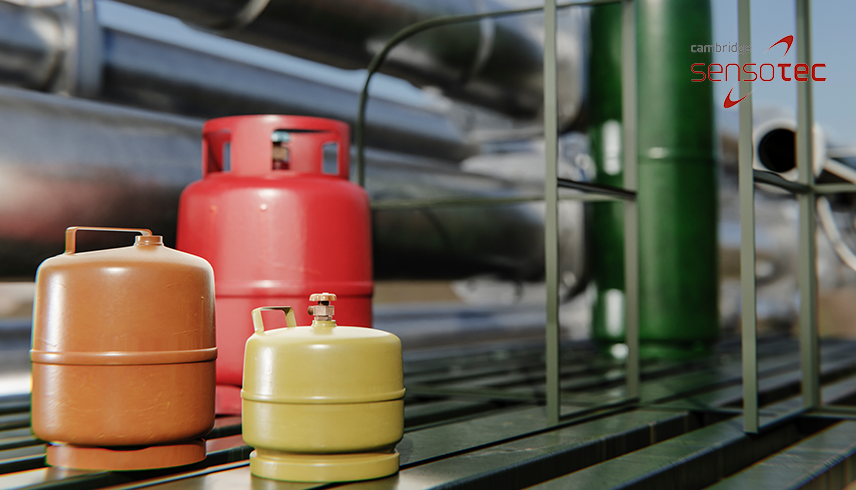

Green Hydrogen: An Analytical Perspective on Clean Energy
Introduction
In the quest for a sustainable and cleaner future, Green Hydrogen emerges as a beacon of hope that not only addresses our immediate energy needs but also lays the foundation for a transformative tomorrow. As we stand at the crossroads of environmental challenges and the need for clean energy, Green Hydrogen shines as a powerful solution that holds immense potential.
The future prospects of Green Hydrogen are deeply intertwined with technological advancements that continue to push the boundaries of what’s achievable. With each passing day, we witness innovation and breakthroughs that make the vision of a hydrogen-powered world increasingly tangible.
In this blog post, we embark on an analytical journey into the realm of Green Hydrogen, exploring its production, applications, and its pivotal role in shaping a cleaner and greener future.
Understanding Green Hydrogen
At its core, it is hydrogen gas produced through a process known as electrolysis, where water (H2O) is split into hydrogen (H2) and oxygen (O2) using electricity. What sets Green Hydrogen apart is the source of this electricity—it is generated from renewable energy sources, such as wind, solar, or hydropower. This environmentally friendly production method distinguishes Green Hydrogen from its counterparts and positions it as a key player in the transition to clean energy.
Production Process
The production of Green Hydrogen involves several key steps:
- Electrolysis: Water is the starting point, and it is subjected to electrolysis in which an electric current passes through it. This process separates water molecules into hydrogen and oxygen gases.
- Renewable Energy Integration: Crucially, the electricity used for electrolysis comes from renewable sources. This can include wind turbines, solar panels, or hydroelectric generators.
- Hydrogen Purification: The hydrogen gas produced may undergo purification processes to remove impurities and ensure high purity.
Applications of Green Hydrogen
Green Hydrogen boasts a wide range of applications, making it a versatile player in the clean energy landscape:
- Transportation: Green Hydrogen is utilised as a clean fuel for hydrogen fuel cell vehicles, offering a zero-emission alternative to traditional internal combustion engines.
- Energy Storage: It can be stored and used as an energy carrier, helping to balance the intermittent nature of renewable energy sources.
- Industry: Green Hydrogen is increasingly adopted in industrial processes, such as the production of ammonia and steel, reducing carbon emissions.
- Power Generation: Hydrogen fuel cells are used for power generation, providing clean electricity in various settings.
Analytical Perspective
Analytical techniques play a crucial role in ensuring the quality and purity of Green Hydrogen. Gas analyzers, such as those offered by Cambridge Sensotec, are used to monitor and verify the composition of the produced hydrogen gas, ensuring that it meets the stringent quality standards required for various applications.
Environmental Impact and Benefits
The environmental benefits of Green Hydrogen are profound. By harnessing renewable energy for its production, it not only provides a clean energy source but also reduces greenhouse gas emissions. It aligns with the global effort to transition to a low-carbon economy and combat climate change.
Future Prospects
Green Hydrogen is not just a solution for today; it holds the key to a sustainable and cleaner future. As technology continues to advance, the prospects look increasingly promising. One of the critical aspects of its future lies in its scalability. With growing investments and research, we can expect to see larger and more efficient production facilities that can meet the rising demand for clean energy.
Conclusion
Join us in the journey towards a greener world powered by Green Hydrogen. Contact Cambridge Sensotec today to explore our advanced analytical solutions and contribute to a cleaner and more sustainable energy future.


